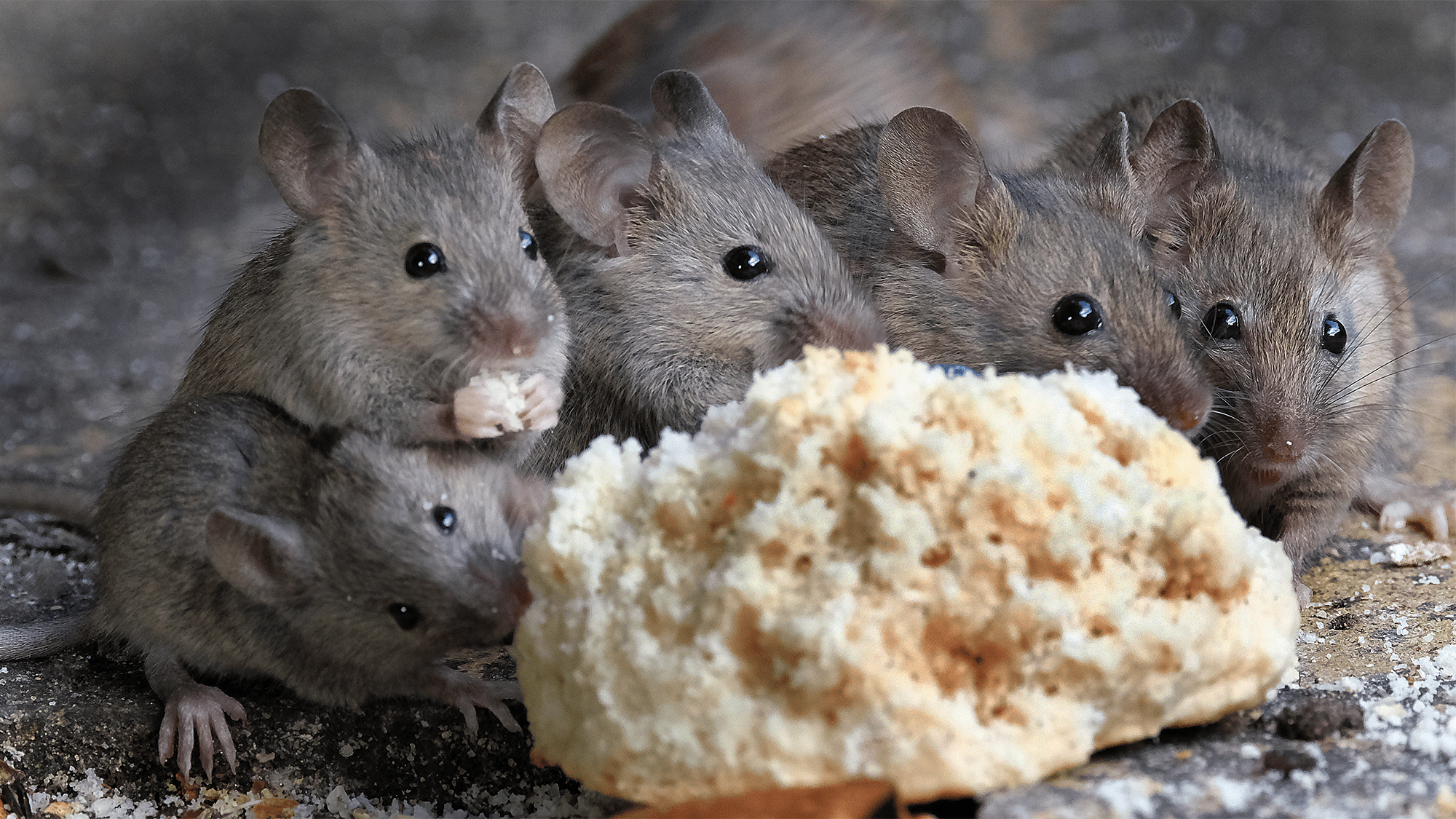

Greasy food, cold showers, and a cup of coffee all have this in common—some think they can sober up an over-imbibed person in a pinch. In reality, the only currently-known way to get rid of an alcohol buzz is to wait it out, and prepare for the hangover to come.
But, scientists may be on to something that can knock the drunkenness right out of you—or at least for now, a tipsy mouse. It all comes down to fibroblast growth factor 21 (FGF21), which is a hormone in the liver. According to a study published March 7 in the journal Cell Metabolism, a shot of this hormone helps mice sober up by protecting them from an ethanol-induced loss of balance and righting reflex—the scientific term for being drunk.
[Related: A powerful combo of psilocybin and therapy might help people overcome alcohol use disorder.]
FGF21 already exists in the body of humans, mice, dairy cows, squirrels, and other mammals. Since intoxication is caused by consuming the ethanol made by the fermentation of simple sugars, animals that consume simple sugars have evolved liver enzymes that can break down ethanol—enter FGF21.
Stresses to the body’s metabolism like starvation, protein deficiency, and too much ethanol can induce production of this hormone in the liver in mice. For humans, ethanol is the most potent inducer of FGF21. It can regulate alcohol intake, induce water drinking to prevent dehydration from drinking, and protect against liver injury caused by alcohol.
In this study, a team of researchers found that FGF21 actually plays an even broader role in defending mice against the harmful consequences of ethanol exposure. It stimulated arousal from intoxication without actually changing the breakdown of ethanol in the mice’s body.
“We’ve discovered that the liver is not only involved in metabolizing alcohol but that it also sends a hormonal signal to the brain to protect against the harmful effects of intoxication, including both loss of consciousness and coordination,” said study co-author and biochemist Steven Kliewer of the University of Texas Southwestern Medical Center, in a statement. “We’ve further shown that by increasing FGF21 concentrations even higher by injection, we can dramatically accelerate recovery from intoxication. FGF21 does this by activating a very specific part of the brain that controls alertness.”

The team gave mice whose livers procured normal amounts of FGF21 an intoxicating dose of ethanol and then injected more FGF21. The added hormones helped the mice recover their coordination more quickly and took half as long to wake up as the mice who didn’t get the extra dose.
Those mice took longer than their littermates to recover their balance and righting reflex–which corrects the body’s position when it is not in a normal upright position.
[Related: Can I be allergic to alcohol?]
They also found that FGF21 acts on the neurons in a brain region called the locus coeruleus in mice. This region produces a neurotransmitter called noradrenaline that controls alertness and wakes the body up from sleep.
For humans, consuming alcohol increases how much noradrenaline the brain produces. According to the study, it’s possible that FGF21 could be behind this increase in noradrenaline, and further research could find that administering FGF21 in humans may help drunk people sober up.
Surprisingly, FGF21 did not counteract sedation caused by the drugs ketamine, diazepam, or pentobarbital, which indicates that the hormone specifically targets ethanol.
According to the authors, it appears that the FGF21 liver-brain pathway evolved as a way to protect the body against ethanol-induced intoxication. This pathway may also play a role in modulating other emotional and cognitive functions needed to survive stressful conditions. The researchers hope that with further studies, this hormone could one day help treat acute alcohol poisoning.
“Our studies reveal that the brain is the major site of action for FGF21’s effects,” said co-author and biochemist David Mangelsdorf of the University of Texas Southwestern Medical Center, in a statement. “We are now exploring in greater depth the neuronal pathways by which FGF21 exerts its sobering effect.”
